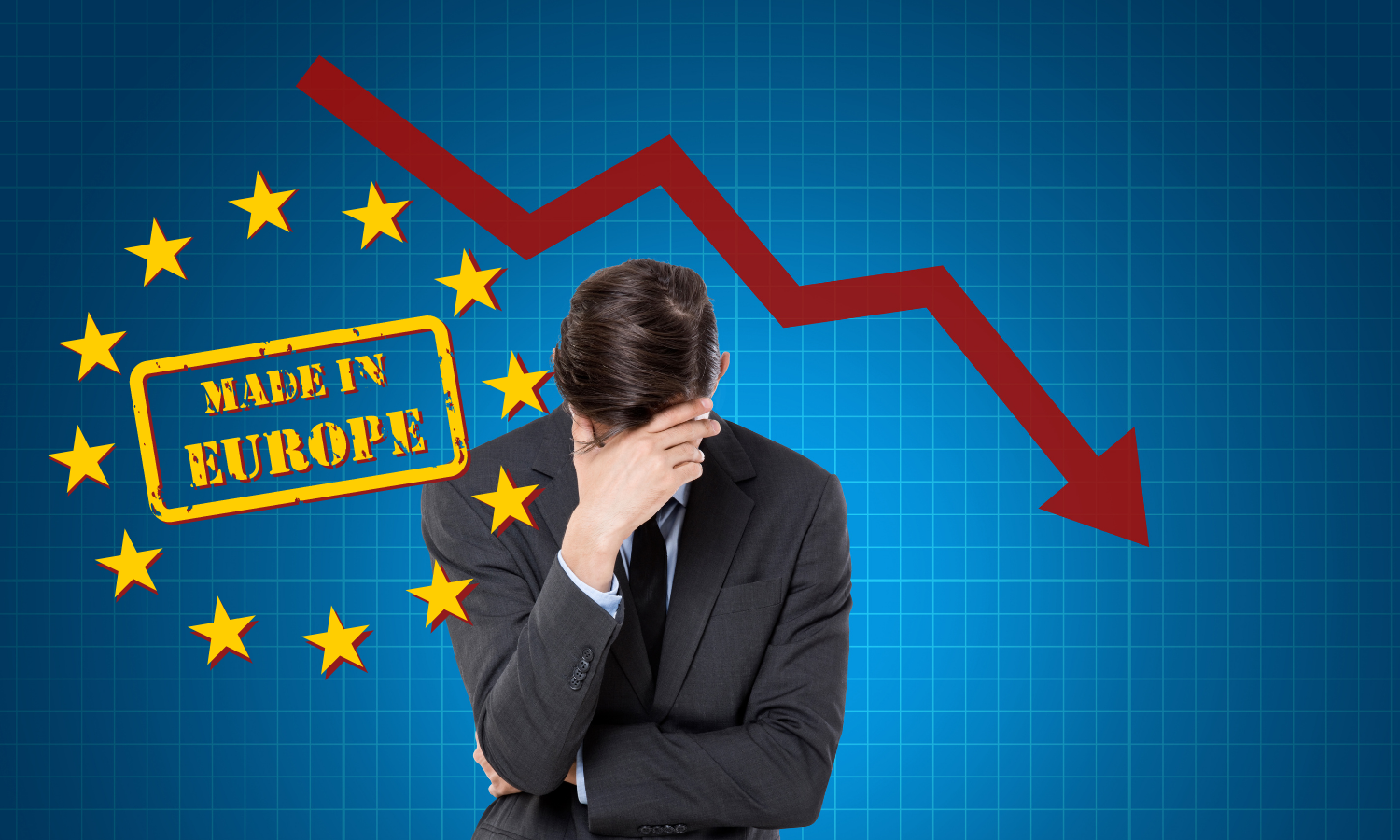Late to the game, long after the internet had already taken off, the EU decided to join the technological race by… regulating.
Encouraged by the GDPR frenzy it started 3 years ago, the EU now wants to impose far-reaching rules on internet-based businesses and advanced technologies like AI.
Revamping the e-commerce framework is an important part of the equation. But I’m not talking about the Digital Services Act (DSA), or the AI Act (although there are many critical issues at stake within those proposals). I’m not going to refer to the Data Strategy either, and the recently published Data Act, even though the implications of data localisation are highly problematic.
Let’s focus instead on the latest “Act”, meant to re-design the digital markets, ‘the European way’ – the DMA. The declared objectives, “fairness and contestability”, is the EU’s fancy way of saying they want a level-playing field for the digital market(s). It may be better to stick to the plural, as many businesses cannot say they experience a true Single Market even after all these years. There’s nothing wrong with setting a level playing field, but for the EU this means to redistribute wealth from the most successful to the poor competitors. They’ll ignore the effects on consumers, those businesses in the middle, and make sure that no one gets too rich along the way.
Everyone in Brussels is sharing their suggestions on this proposal. I do think that a single comprehensive amendment would go a long way towards simplifying and clarifying the rest of the text.
The title and the relevant recitals should be amended by deleting “contestable and fair” along with all references to the deceptive aim “to promote innovation, high quality of digital products and services, fair and competitive prices, as well as a high quality and choice for end-users in the digital sector.” Those things happen in a free market. The EU digital markets will be over-controlled ‘the European way’ and businesses will adapt accordingly. Disruptive innovation will emerge elsewhere. EU lawmakers should be honest and accept the outcome of this latest political decision.
And here’s a simpler art. 1.1:
“This Regulation lays down harmonised rules ensuring contestable and fair for markets in the digital sector across the Union where designated gatekeepers are present.”
It’s been obvious from the beginning that the EU’s focus is to re-distribute the rewards and hamstring the current digital ecosystems by throwing up roadblocks to the most successful and innovative companies (not European!), in the hope that EU firms might then be able to catch up. In other words, instead of addressing the root causes of lagging, the EU did what it does best; ‘guiding’ an industry with intrusive rules. But we should learn from history. This will simply further entrench the hostile business environment, characterized by red tape and persistent obstacles, within the Digital Single Market.
“Abandon hope all ye who enter here”
Ozymandias has a warning for ambitious entrepreneurs and software developers who plan to do business in the EU. Any dream of changing the world by innovation and of scaling to the global level isn’t likely to materialize in an economy that dictates how to conduct a business and subjectively penalizes those who threaten to grow too big (“foreseeable gatekeepers” in DMA language). You can also forget plan B – the safety net of an acquisition if the business plan fails/the IPO seems impossible, or only because the idea is not so great after all. Yes, even if the engineering team is. The diligent regulators’ scrutiny will restrict these paths too.
Those who currently create great digital solutions based on stable digital ecosystems, such as app stores, and reach for global audiences should also be aware that in the EU this will likely be much more difficult. Nobody says app stores are perfect, but targeted intervention is very different from destabilization. One vision of the DMA mobile apps market future is the mobile phone industry of 15 years ago or the current app stores market in China.
The latest amendments proposed by MEP Andreas Schwab, the main rapporteur of the Internal Market and Consumer Protection Committee of the European Parliament (IMCO), only confirm the true objectives of this regulation and the strong political will to adopt this ill-fated approach. Rather than comment in detail on the amendments, I’d observe that the political approach is not considering the right trade-offs and lacks a sound vision beyond disrupting the status quo. Moreover, a reckless protectionist approach is already putting at risk an incipient constructive dialogue with the US on digital economy and technology issues.
In the end, I can only say: Dear EU policymakers, it would be fairer for the citizens and businesses who put their trust in you to just skip the rhetoric and spell out what your real objectives are. At least it would avoid the lamentation in 5-10 years from now when the next Google or Apple again emerges from outside the EU. It would be clear for everybody that this was another flawed industrial strategy and a regulatory experiment doomed to failure from the start.
Or… maybe some lawmakers will care more about a wise approach to the EU’s digital future, one that consumers could welcome, rather than rushing to adopt legislation based on fallacious assumptions and narratives, mixed with wounded national pride. There’s still time to fix it.





